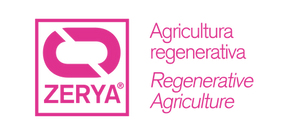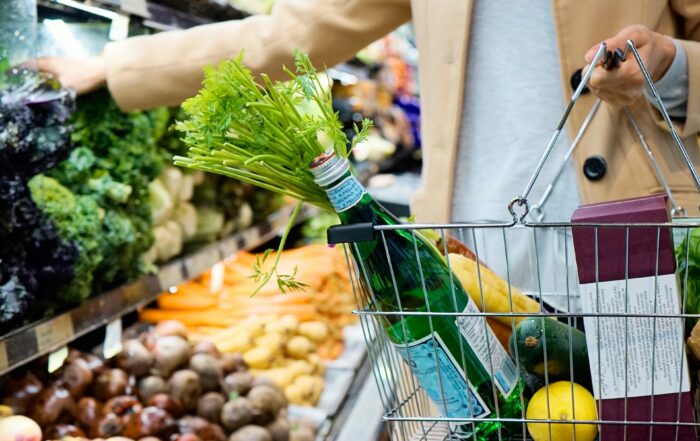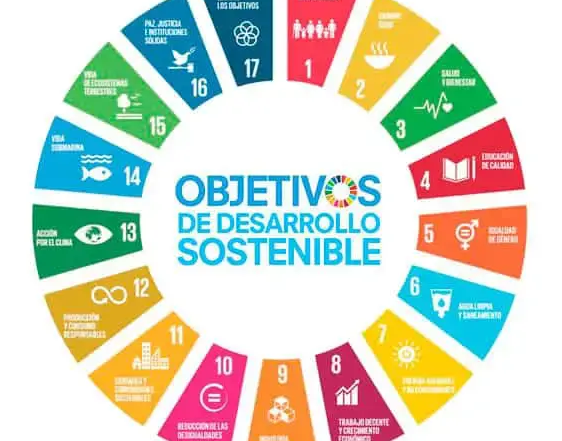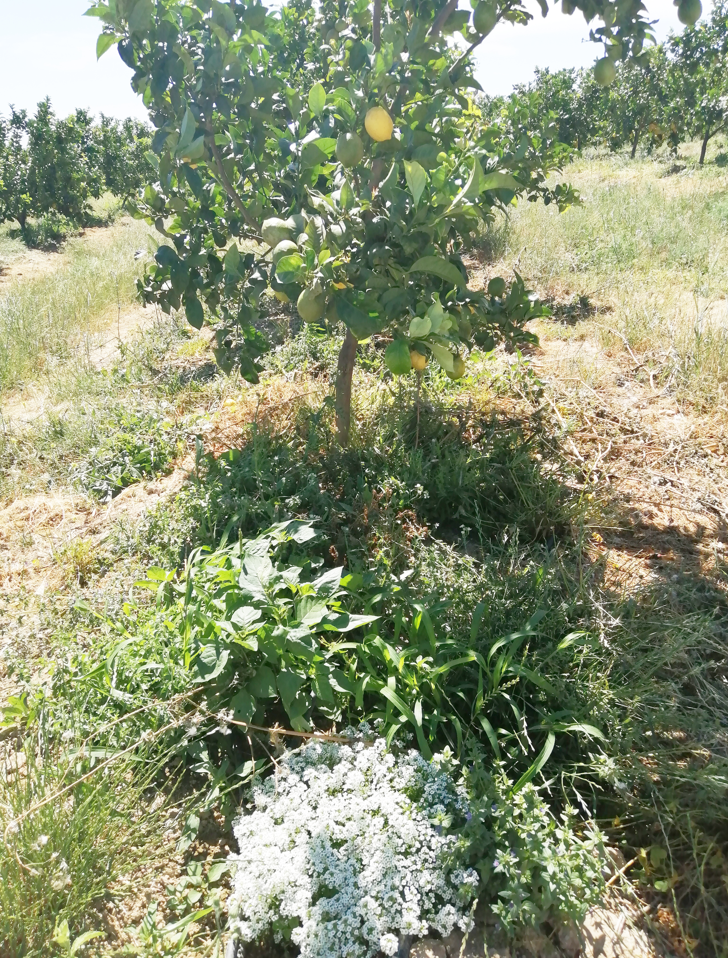
For more than 14 years, ZERYA has been working for a sustainable food supply in Europe, that is why we evolve with the value chain and the growing environmental awareness of both distributors and customers to propose integrated solutions.
Aligned with the reality of the field and the SDGs, the ZERYARegenerativa program we are implementing responds to 4 fundamental objectives:
- Combating soil erosion
- Protecting and enhancing biodiversity
- Reducing carbon footprint
- Limit food waste.
The program is available for both purchasing centers and retailers and includes:
- Accompaniment
- formation
- implementation follow-up.
It is time to take action, Farmers have only 7 campaigns to make their transition according to the Countryside to European Table strategy before 2030.
In environmental terms, mitigation is no longer enough. It is time to regenerate.
Read the full article published in Fruchthandel.
(Deutsch/Español)
Down-to-earth accompaniment program
At ZERYARegenerativa we jointly develop a continuous production program designed together with the purchasing centers, based on key sustainability objectives through continuous improvement.
- We evaluate the producer’s reality.
- We define global strategies.
- We set realistic and measurable objectives.
- We are committed to the medium and long term through continuous improvement.
- We sensitize the purchasing chain to the challenges of the 2030 Agenda.
- We accompany producers in their process.
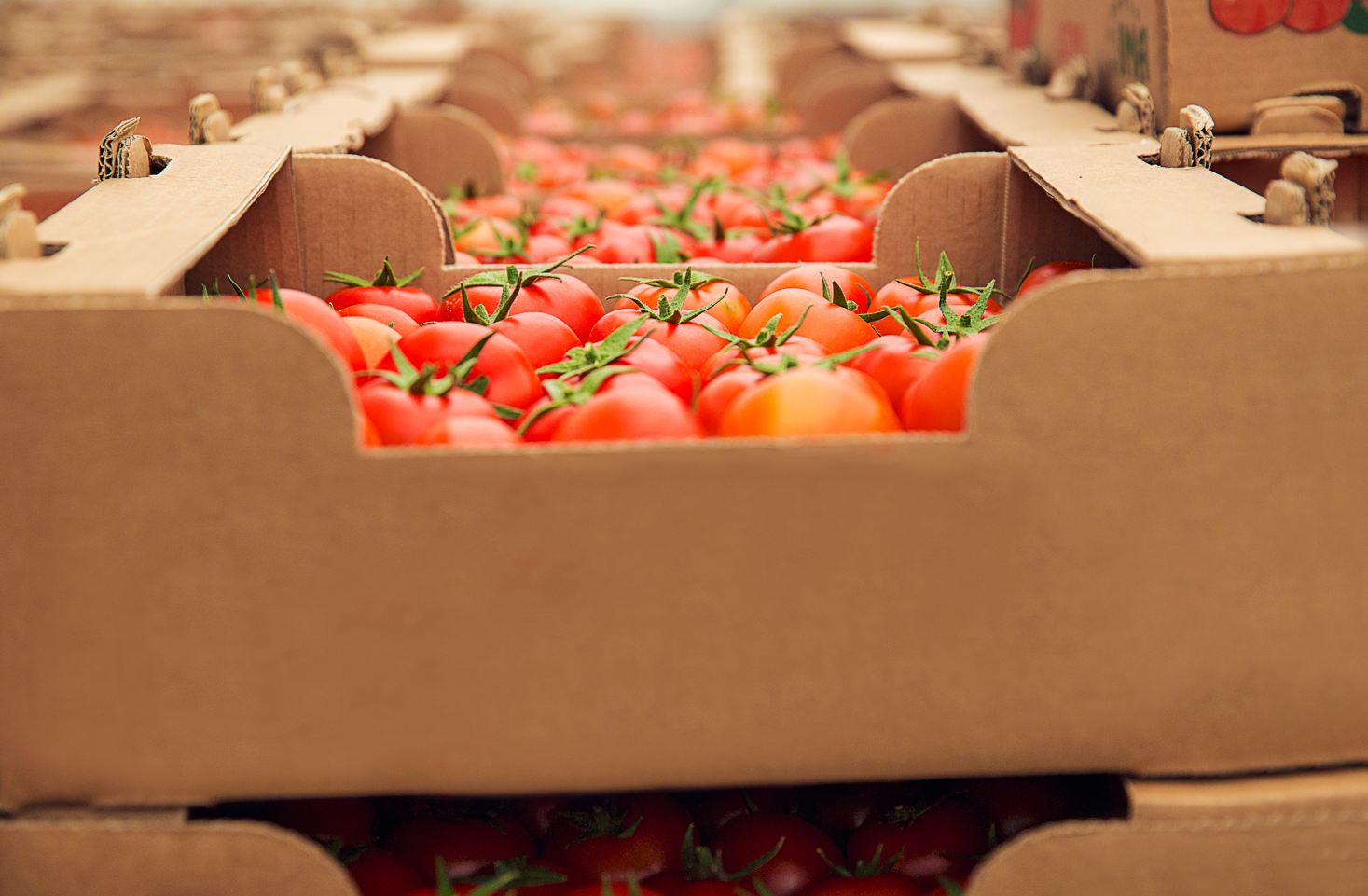
Methodology
Corporate Social Responsibility (CSR) and the Sustainable Development Goals (SDGs) are two different but related concepts. CSR refers to the responsibility of companies to operate in an ethical and sustainable manner, taking into account the social and environmental impact of their operations. The SDGs are a set of global goals adopted by the United Nations to end poverty, protect the planet and ensure that all people enjoy peace and prosperity by 2030.
Although CSR and the SDGs have similar objectives in terms of sustainability and social responsibility, they are different concepts. CSR focuses on a company’s ethical and sustainable business practices, while the SDGs focus on broader global goals for sustainable development. However, CSR can be an important way that companies contribute to the SDGs by adopting sustainable and responsible business practices.
Some ways retailers can contribute to the SDGs include:
• Promote sustainable and responsible business practices.
• Reduce the environmental impact of your operations.
• Promote fair and equitable labor practices.
• Support local communities.
Recent News
Food labeling with sustainable values.
Do you know what the labels on the food products you buy mean? Do you know the differences between organic, fair trade, animal welfare or integrated production labels? In this article we explain[...]
New generations of responsible consumers
The generational change in fruit and vegetable consumption patterns as well as the trend of sustainable consumers demanding ecologically responsible retailers. In recent decades, there has been a generational shift in fruit and[...]
Implementing an SDG policy in your food business
Did you know that a sustainable proactive policy can be a great competitive advantage for your business? In this article we explain how responsible consumption can improve your marketing strategy and increase your[...]
